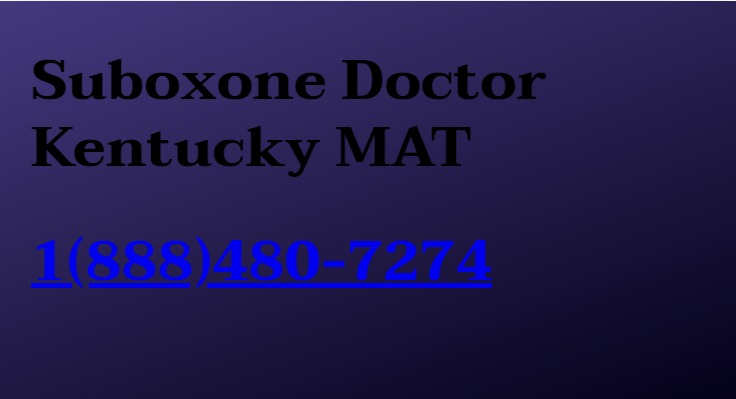
RECLAIM YOUR LIFE!
Opiate addiction claimed 64,000 lives last year. Don’t be a statistic! Reclaim your life by getting the help you desperately need and surely deserve. Give yourself, your friends and your family a break.

Medication-assisted treatment program
Our medical team consists of highly skilled nurse practitioners and suboxone doctors that are available to walk with you through this troublesome time in your life.
Matthew Steiner
- Same Day Appointments: The majority of our patients are able to schedule same day/next day appointments with our Suboxone Doctor.
- Medicaid Accepted: Our Suboxone doctors understand that most people have lost everything and now require treatment through Medicaid. We accept Medicaid and private insurance.
- 24/7/365: Our Suboxone doctors may not be available 24/7 but we go the extra mile by hiring patient advocates that can answer any questions and assist patients after hours and on weekends.

In 2017, it was reported that overdose deaths climbed to more than 72,000, a nearly 10 percent rise from the previous year, according to provisional government estimates issued in August. More than two-thirds of those deaths involved opioids. The surgeon general’s report attributed the rise to three trends: a rise in prescription opioid overdose deaths, a fourfold increase in heroin overdoses since 2010, and a tripling of the death rate from synthetic opioids such as fentanyl since 2013.
Only 1 in 4 people received treatment for opioid use disorder (OUD). The report pointed out why that’s the case: “The substance use disorder treatment system is underprepared to support care coordination; the primary care system has been slow to implement medication-assisted treatment (MAT) a as well as prevention, early identification, and other evidence-based recommendations; the existing health care workforce is already understaffed and often lacks the necessary training and education to address substance use disorders; and the need to protect patient confidentiality creates hurdles for sharing of information.”
The U.S. surgeon general issued a report last month calling for a “cultural shift in the way Americans talk about the opioid crisis.” He also called for health care professionals to become qualified to prescribe buprenorphine, follow “the gold standard” for treatment, and address substance use with the same sensitivity as other chronic health conditions.
“Addiction is a brain disease that touches families across America, including my own. We need to work together to put an end to stigma,” wrote U.S. Surgeon General Jerome M. Adams, M.D., M.P.H., in the report’s preface.
Andrew J. Saxon, M.D., chair of APA’s Council on Addiction Psychiatry, praised the report overall, calling it a “positive, strong, and important report that codifies some of the most important aspects of opioid use disorder treatment.” Saxon advises physicians who cannot provide all the elements to at least offer MAT and meet with patients regularly, citing several recent studies showing that buprenorphine treatment alone provided in a primary care setting can be just as effective for many patients, even without additional counseling and services.
Let’s look at some of the problems. Not every person that needs help gets help. More than 50% of the people who go for inpatient treatment don’t stay to complete the program, and their families enable them. Only a small minority get continuing care. Most people don’t get a long enough stay for initial treatment. Most people relapse within a year of treatment, those that consume alcohol and other drugs relapse within 90 days. Those that have a high rate of recovery and low rate of relapse get there at between four and five years of remission. The professionals have all disengaged with the addicted person when they need more help.


